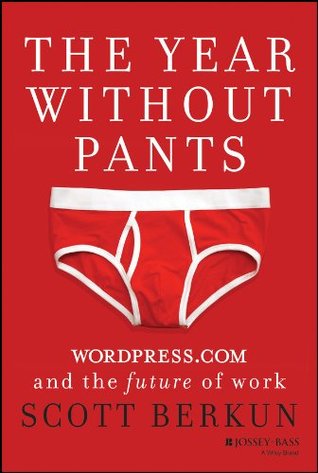More on this book
Community
Kindle Notes & Highlights
An amazing thing about our digital age is that the person next to you at Starbucks might just be hacking into a Swiss bank or launching multiwarhead nuclear missiles continents away. Or maybe he's just on Facebook. You can't tell the difference unless you're nosy enough to peek over his shoulder.
No technique, no matter how good, can turn stupid coworkers into smart ones. And no method can magically make employees trust each other or their boss if they have good reason not to.
Product creators are the true talent of any corporation, especially one claiming to bet on innovation. The other roles don't create products and should be there to serve those who do. A classic betrayal of this idea is when the IT department dictates to creatives what equipment they can use. If one group has to be inefficient, it should be the support group, not the creatives. If the supporting roles, including management, dominate, the quality of products can only suffer.
Most people doubt online meetings can work, but they somehow overlook that most in-person meetings don't work either.
One trick is to be the scribe. If you take on the task of taking notes, people have a chance to see how you think. If they find your recording of what happened clear and honest, you get a trust point. If the way you summarize complex things is concise but still accurate, you get another. Soon there's enough trust to lead decisions and take bigger bets.
Seaside or the place where you work, you don't need it to be any bigger than it is. The inability to scale is one of the stupidest arguments against a possibly great idea: greatness rarely scales, and that's part of what made it great in the first place.
William Gibson famously wrote, “The future is here, it's just not evenly distributed.”1 But the past is unevenly distributed in the present too.
All metrics create temptations. Even with great intentions and smart minds, data runs you faster and faster into a stupid self-destructive circle. Data can't decide things for you. It can help you see things more clearly if captured carefully, but that's not the same as deciding. Just as there is an advice paradox, there is a data paradox: no matter how much data you have, you still depend on your intuition for deciding how to interpret and then apply the data.
Working remotely is the first thing many people learn about Automattic. They assume it's a sham. It violates the bright yellow line that we pretend exists between work and home, a line shattered by laptops and mobile e-mail years ago.


